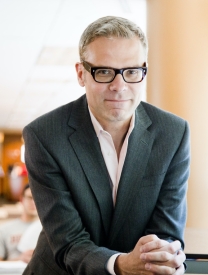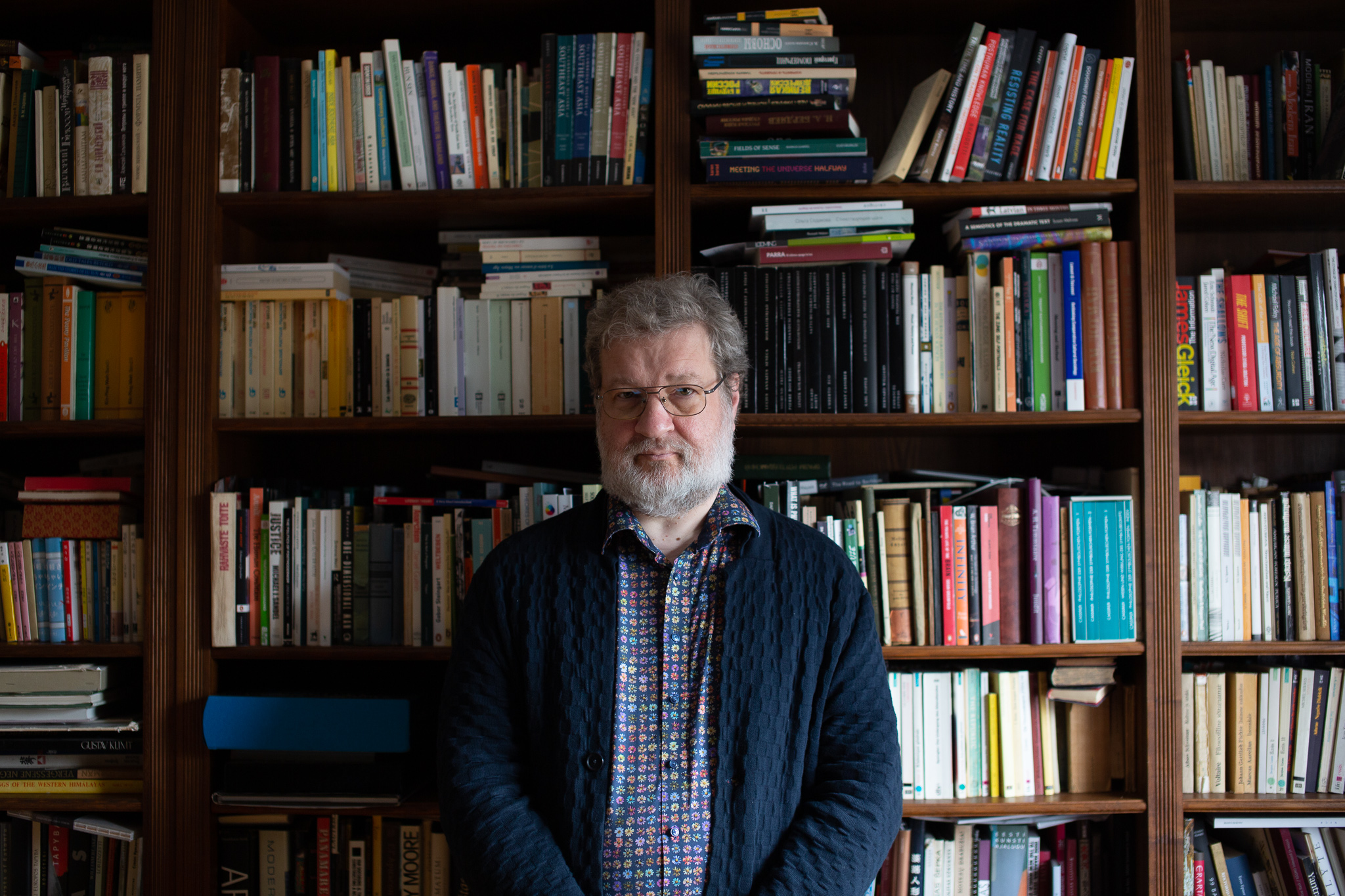Keynotes
Teemu Ruskola, Professor of East Asian Languages and Civilizations, and Professor of Law, University of Pennsylvania

Teemu Ruskola is Professor of Law and Professor of East Asian Languages and Civilizations at the University of Pennsylvania, USA. He is the author of Legal Orientalism: China, the United States, and Modern Law (Harvard University Press, 2013), co-author of Schlesinger’s Comparative Law (Foundation Press, 2009), and co-editor (with David L. Eng and Shuang Shen) of a special double issue of the journal Social Text on “China and the Human.” Born in Finland, he received his undergraduate and graduate degrees in East Asian Studies from Stanford University and his law degree from Yale University. Before entering academia, he worked as an associate at the US law firm Cleary Gottlieb Steen & Hamilton, in New York and Hong Kong. Prior to joining Penn he was the Jonas Robitscher Professor of Law at Emory University. He has been a visiting professor at Cornell Law School, Georgetown University Law Center, and the Woodrow Wilson School of Public and International Affairs at Princeton University, among other places.
“The Unmaking of the Chinese Working Class – Primitive Accumulation in the Age of Chinese Capital”
The English working class was born in the wake of the Enclosure Movement, which dispossessed peasants of their land and left them with no option but to sell their labor, thus forming the foundation for the nation’s industrial proletariat. In China, too, there is occurring a similar dispossession of peasantry that is often referred to as a “New Enclosure Movement.” However, processes that took place over several centuries in England have been telescoped into just three decades in China. What is more, they are taking place in the opposite order: the initial commodification of industrial labor in the 1990s was accompanied by a seemingly inexhaustible stream of migrant laborers into cities even without large-scale commodification of rural land. Why, then, dispossess a peasantry that has already submitted to capital voluntarily, without the need to resort to forcible dislocation? This talk locates these events in a longer history of landholding in China as well as shifting structures of global capitalism and what David Harvey calls the “New Imperialism.”
Rein Raud, Distinguished Professor of Asian Studies, Tallinn University

Photo: Sohvi Viik
Rein Raud (b.1961) is the professor of Asian and Cultural Studies at the University of Tallinn. His research interests range from Asian literatures and thought (in particular, the work of Dōgen) to cultural theory and philosophy. His books include “Meaning in Action: Outline of an Intergral Theory of Culture” (Polity 2016), “Asian Worldviews: Religions, Philosophies, Political Theories” (Wiley 2021) and “Being in Flux: A Post-Anthropocentric Ontology of the Self” (Polity 2021). He is also an award-winning author of fiction, with 11 published novels to date.
“The Language of Philosophy and the Philosophy of Language”
One of the recurring issues in the discussions of Chinese philosophy is the role of the structure of the classical Chinese language in the formation of Chinese philosophical thought. On the one hand, certain Western assumptions about language postulate a transparent and universal matrix to which all the languages of the world can supposedly be reduced. On the other hand, classical Chinese linguistic practice resists such assumptions, although efforts have been made to discern a Western-type structure also in Chinese. Chad Hansen’s claim, put forward more than 40 years ago, that the Chinese worldview is based on a whole-part, or mereological, approach, as opposed to the Western class-member, or object-oriented approach, is still being debated vigorously from both sides. In the meantime, advances in linguistics and cultural theory have left the 20th century Western paradigm behind and are more open to the acknowledgment of linguistic diversity. What does this mean for philosophy of language? Or cross-cultural philosophical encounters in general? These and other related questions will be discussed during the talk.
